Our doctors
Doctor's profile

Honchar Daria Oleksandrivna
Doctor on departure
English-speaking doctor
Experience: 3 years
Otolaryngologist; Pediatric otolaryngologist
“Dobrobut” Medical Center for the whole family on Tatarska street
“Dobrobut” Medical Center for the whole family on Olimpiyska
“Dobrobut” Multidisciplinary Hospital 24/7 on Mykoly Bazhana avenue
Nearest slot:
25 February 08:15
View all services
About this Doctor
Education:
- Poltava State Medical University
Areas of professional development:
- active participation in annual conferences of the Ukrainian Scientific Medical Society of Otolaryngologists, participation in international and all-Ukrainian conferences and congresses;
- continuous training in thematic courses on endoscopic surgery, reconstructive otolaryngology, and modern approaches to the treatment of ENT diseases.
Priority areas in clinical practice:
- conservative and surgical treatment of ear, throat, and nose diseases;
- endoscopic examination of ENT organs;
- minor surgical interventions: removal of foreign bodies and small formations in the nasal and oral cavities, tympanic membrane puncture (tympanopuncture, paracentesis), opening of abscesses, hematomas, and furuncles in ENT organs;
- major surgical interventions: septoplasty, tonsillectomy, adenotomy and tonsillotomy (classical and instrumental methods), uvulopalatoplasty for snoring, turbinate reduction, endonasal micro-antrostomy (including removal of neoplasms and foreign bodies), endoscopic operations on frontal, ethmoid, and sphenoid sinuses, nasal polypectomy.
Tell us about your professional interests other than your specialization:
- reconstructive and functional surgery;
- treatment of sleep disorders (snoring, sleep apnea) in collaboration with somnologists and neurologists;
- diagnosis and treatment of allergic diseases;
- organization of medical care for children with ENT diseases;
- anesthesiology in otolaryngology.
Hobbies, favorite movies, books:
- "I love vocal music, reading books, drawing, and playing tennis."
Doctor's advice:
- "Treatment should be not only fast but also safe. Without a professional consultation, it's easy to miss important symptoms or choose ineffective treatment. The internet can provide general information, but it doesn't know you personally – unlike a doctor who will consider all the peculiarities of your body. I always advise seeking help at the first symptoms, even if they seem insignificant. Because early detection allows avoiding complications and significantly shortens the duration of treatment. Preventive check-ups are a real way to maintain health. Regular follow-ups with a specialist are about care, self-trust, and responsibility for your future. Only then can we prevent illness, not just treat its consequences."
Terms of online services
Public contract for the provision of medical services
Terms of vaccination services
Patient verification
2012 - 2026 Dobrobut MN. All rights reserved
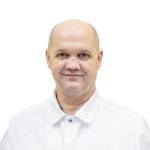
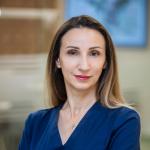
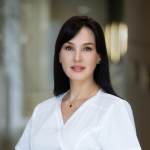
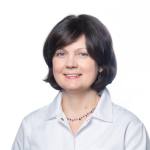
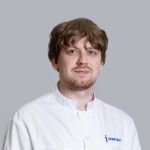
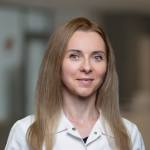
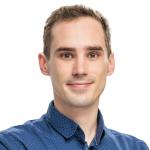
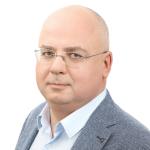


%402x.png)
%402x.png)
